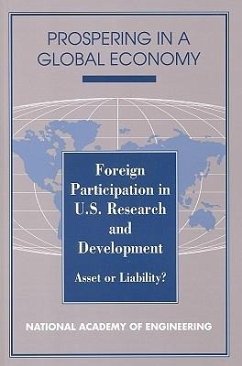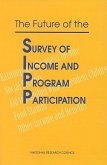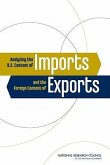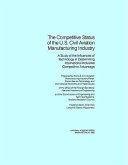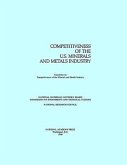During the past decade, foreign participation in U.S. research and development - through acquisition of R&D intensive businesses, links with universities, and other arrangements - has expanded rapidly. This emergence of foreign influence has drawn a mixed response from the U.S. R&D community, policymakers, and the public. Although public pressure for placing greater restrictions on foreign R&D involvement is mounting, there exists a large gap in expert and public understanding of the drivers, nature, and consequences of foreign participation in the nation's technology enterprise. This volume seeks to close this gap and improve the quality of private and public policy responses to the challenges and opportunities presented. The book reviews the nature of R&D activities and how these activities contribute to economic development; the causes, scope, and nature of foreign involvement in U.S.-based privately and publicly funded R&D activity and the associated costs, risks, benefits, and opportunities of this trend for the United States; and the merits and liabilities of existing as well as proposed policies to regulate foreign participation in U.S. R&D.
Hinweis: Dieser Artikel kann nur an eine deutsche Lieferadresse ausgeliefert werden.
Hinweis: Dieser Artikel kann nur an eine deutsche Lieferadresse ausgeliefert werden.

